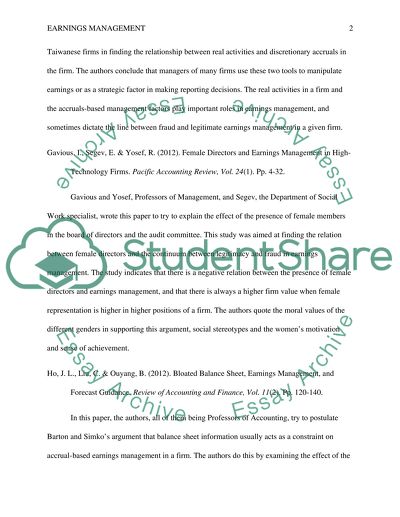Cite this document
(“The Continuum between Legitimacy and Fraud Research Paper”, n.d.)
The Continuum between Legitimacy and Fraud Research Paper. Retrieved from https://studentshare.org/finance-accounting/1453542-earnings-management-the-continuum-from-legitimacy
The Continuum between Legitimacy and Fraud Research Paper. Retrieved from https://studentshare.org/finance-accounting/1453542-earnings-management-the-continuum-from-legitimacy
(The Continuum Between Legitimacy and Fraud Research Paper)
The Continuum Between Legitimacy and Fraud Research Paper. https://studentshare.org/finance-accounting/1453542-earnings-management-the-continuum-from-legitimacy.
The Continuum Between Legitimacy and Fraud Research Paper. https://studentshare.org/finance-accounting/1453542-earnings-management-the-continuum-from-legitimacy.
“The Continuum Between Legitimacy and Fraud Research Paper”, n.d. https://studentshare.org/finance-accounting/1453542-earnings-management-the-continuum-from-legitimacy.


